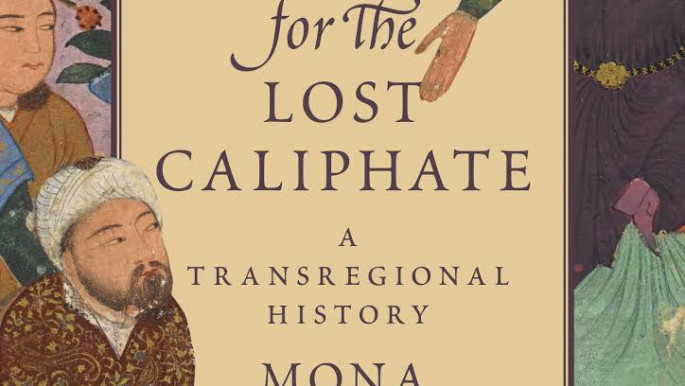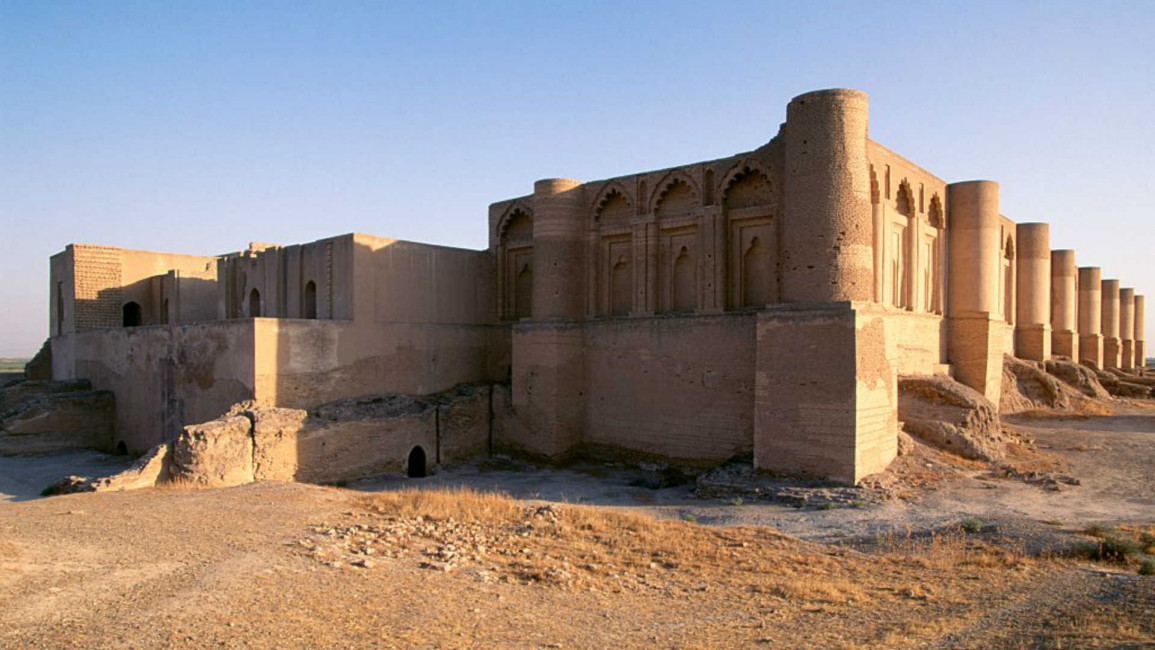
Longing for the Lost Caliphate
The traveller, a historian and jurist, has been dreaming of coming to Baghdad which he describes as "the sanctuary of the Muslim community's leader, the trove of the generous and noble, the Abode of the Caliphate, and the safe asylum from all fear".
He is intrigued by the local man's tears, however, the traveller is shunned by other locals when he tries to find out why the man is crying.
They tell him that if he had seen Baghdad in its former condition, he too would have succumbed to the same psychological state.
The traveller, Zahir al-Din Ibn al-Kazaruni (1214-98), had arrived in Baghdad after the Mongol invasion (1258), he asked the locals to show him the former splendours of the Abbasid city, and the locals oblige and take al-Kazaruni on a tour of the ruined city.
The violent destruction of Baghdad and the ending of the Abbasid Caliphate left an imprint on Muslim historical imaginings, argues assistant professor of religious and historic studies at Duke University, Mona Hassan.
Her new book 'Longing for the Lost Caliphate: A Transregional History,' examines the reaction and emotional outpouring at the loss of the aliphate in both Baghdad in 1258, and Istanbul in 1924. She asks two questions: What did many Muslims imagine they had lost with the sudden disappearance of the caliphate, and how did they seek to recapture it while redefining it for their times?
 |
The violent destruction of Baghdad and the ending of the Abbasid Caliphate left an imprint on Muslim historical imagining |  |
Hassan is asking two complex questions here, and tries to answer them by moving beyond the conventional approach to history - which usually looks at events and historical writings from that period only - and instead tries and abridge this approach with the poetic, literary and artistic outpourings that both events inspired.
Many of these texts are little known in the West, as very few histories written about the region have chosen to explore them.
 |
|
Poems and writings have often remained untranslated into English, leaving non-Arabic speaking audiences unable to appreciate the depths of emotion around the topic.
Al-Kazaruni's account provides insight into this cultural output, the book argues. Both events bleed into one-another in terms of historical memory. An Egyptian legal student in Paris, Abd al-Razzaq al-Sanhuri was dismayed upon learning that Ataturk had abolished the caliphate, and wrote about the sense of loss and confusion a Muslim like himself felt. For the second time in history, he compares the fall of the Abbasid Caliphate to the fall of the Ottoman one.
However, the book is not a history of the caliphate, but a book about cultural memory and historic imaginings.
The reaction of poets across the Muslim world to the fall of Baghdad not only lamented the grand loss of the city, but also the suffering the people endured at the hands of their Mongol overlords.
The Persian poet Sadi of Shiraz encapsulated the wider tragedy in reference to Fatimah, Khadijah and Maryam, the daughters of the last Caliph who entered Mongol captivity,
"Oh that my ears had gone deaf before hearing of the ripping apart of the women's veil in captivity; they pass barefoot through rugged desert after rugged desert- delicate ladies, unable to walk over a bridge... they are driven like goats in the middle of a waterless desert... they were taken captive with their faces exposed - fine figured young women who had never emerged from the shade of their chambers.
"The Mongols, in every house, cry out… who will buy?"
The sense of personal humiliation was a key theme, though, some popular stories also focused on personal resistance of the caliph's female relations. Taj al-Din al-Subki, a Mamluk era religious scholar, recounts the tale of the Caliph's wife who had entered the Mongol court, and who caught the eye of Hulegu Khan (leader of the Mongols).
Taken by her beauty, Hulegu intended to rape her, but the Caliph's wife catching wind of Khan's intentions finds various ways to thwart his attempts. When she realises that he won't give up, she finds a way to get one of the servants to kill her, leaving Khan in grief. The Caliphs wife became a hero in this narrative.
 |
The lessons from the loss of both caliphates are constantly re-adapted according to the needs of the day |  |
The book succeeds in exploring little-known (outside the Arab Word) reactions to the fall of the caliphate, intersecting political, historical and artistic responses.
The question of the caliphate is not merely political, but also personal, and the book demonstrates that the idea of collective Muslim imaginings is not only a response to European colonialism in the nineteenth century, but one that can be found throughout history.
The argument here is not that history is unchanging, but that throughout the ages the lessons from the loss of both caliphates are constantly re-adapted according to the needs of the day.
Read more: Lie down on a couch with the Arabic Dr Freud
Strikingly, few of these reactions had to do with the actual rule or personal leadership of each Caliph. Rather they focus on the symbolic value or idea of it.
Also worthy of note, is that religiosity did not appear to affect dismay at the loss of the caliphate - particularly after the fall of the Ottoman Caliphate. Understanding these reactions will also provide useful insight into why the question of the caliphate hasn't gone away.
Usman Butt is a multimedia television researcher, filmmaker and writer based in London. Usman read International Relations and Arabic Language at the University of Westminster and completed a Master of Arts in Palestine Studies at the University of Exeter.
Follow him on Twitter: @TheUsmanButt




